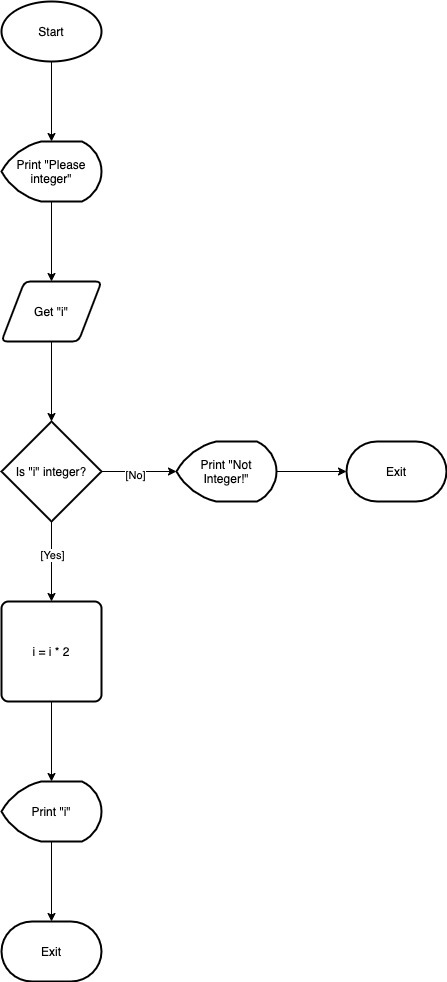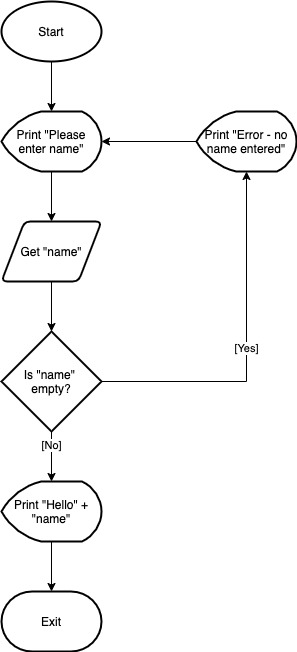
Are you interested in learning #Crystal-Lang but having difficulty because you are a tactile learner? The purpose of this tutorial is to provide you practise problems you can try out at your leisure.
Recently on HackerNews I discovered crystal-lang, or sometimes shortened down to just crystal, a programming language that fancies itself as slick as ruby and fast as C had just become versioned to 1.1.0 via the post titled “Crystal 1.1.0 is released! (2021)". Now that crystal-lang is becoming production ready and becoming more adapted by industry, I thought about learning this language.
The practise problems in this post are to be tried after you have installed the crystal-lang compiler and read the following developer docs:
Absolutely do not proceed if you have not read the above! You have been warned..
According to the documentation, once you finish reading the tutorials section, you are to move on to reading the language specifications section. This is fine but I like to play with the language as I learn to cement the fundamentals; as a result, I am writing this series of blog posts with some practise problems you can try out to assist you with learning crystal-lang.
With all this mind, let’s begin!
Before we begin … let’s talk about flowcharts
What is a flowchart? We define it as follows:
A flowchart is a diagram that represents all the necessary steps for solving a specific task.
Flowcharts are a valuable technical communication tool I’d like to use for you here. Would you like to learn more?
Exercise Problems
Problem #1
Description:
Please write a console application which will accept your name as an input, and print out your name back to the console.
Flowchart:

Learning Notes:
- Notice the developer documentation you read did not mention how to get data from the console? This will require some leg work on your end!
- Don’t forget to use interpolation.
Solution:
Try to write the code yourself and when you are ready, look below to see the solution I wrote. To execute this code, run the following in your terminal:
$ crystal p1.cr
And the source code is as follows:
# p1.cr
#------
# The purpose of this program is to accept user name from the console and
# print the name back out to the console.
puts "Please enter your name"
name = gets
puts "Hi #{name}"Problem #2
Description
Please write a console application which will accept only a single integer, multiple it by 2, and print the result.
Flowchart:

Learning Notes:
Note 1 - How to do type conversions?
If you started writing something like this:
puts "Please any integer value"
i = gets
i = i * 2
puts "#{i}"
You may notice you get the following error when compiling:

We run into our first problem because we did not read the language specifications - The gets functions returns a (String | null) data type while we need (Int).
To move forward:
- We need to convert from
(String | Null)to(String)data type. See API docs. - We need to convert
(String)to(Int32)data type. See API docs.
Before proceeding any further, please read the entire “type reflections” section.
As a result our code will look as follows:
puts "Please any integer value"
i = gets
i = i.to_s.to_i # Force convert (String | Nil) to (String) then (Int32).
i = i * 2
puts "#{i}"
If you run that code you will see it working.
Note 2 - How to capture non-integers?
If you run your code and input an alphabetic value (ex: “A”) then you’ll notice the following error:

As a result, you’ll need to learn exception handling from the developers documentation and try applying it what you learn.
Before proceeding any further, please read the entire “exception handling” section.
Once you finish reading, you should be able to apply correct fix to get the solution as follows…
Solution:
puts "Please any integer value"
i = gets
begin
i = i.to_s.to_i # Force convert (String | Nil) to String then Int32.
i = i * 2
puts "#{i}"
rescue
puts "Not integer"
endProblem #3
Description
Please write a console application which will ask for your name, with simple validation, and print your name back into the console.
Flowchart:

Learning Notes:
Note 1 - How do we repeatedly execute code?
How do we handle repetition or looping? We’ll need some-sort of for, do/while, or while syntax to enable our code to repeat itself. Looking through the language specifications, we see a while syntax is available to us!
Before proceeding any further, please read the entire “while loop” section.
Solution:
name = ""
while name == ""
puts "Please enter name"
name = gets
name = name.to_s # Force (String | Null) to (String) format
if name.empty?
puts "Error - no name entered"
end
end
puts "Hello #{name}"Problem #4
Description
Please write an application which will calculate simple interest. According to Investopedia, simple interest is defined as follows:
Simple Interest = P × I × N
where:
P = principle
I = daily interest rate
N = number of days between payments
Solution:
# All numbers and text copied from:
# https://www.investopedia.com/terms/s/simple_interest.asp
#
# For example, say a student obtains a simple-interest loan to pay one year of
# college tuition, which costs $18,000, and the annual interest rate on the loan
# is 6%. The student repays the loan over three years.
# The amount of simple interest paid is:
p = 18_000
i = 0.06 # Note: Convert from percent (6%) to rate (0.06) for our computation.
n = 3
si = p * i * n
puts "Interest #{si}"
total = p + si
puts "Total Debt #{total}"Final Notes:
Cover photo by Harrison Broadbent on Unsplash.